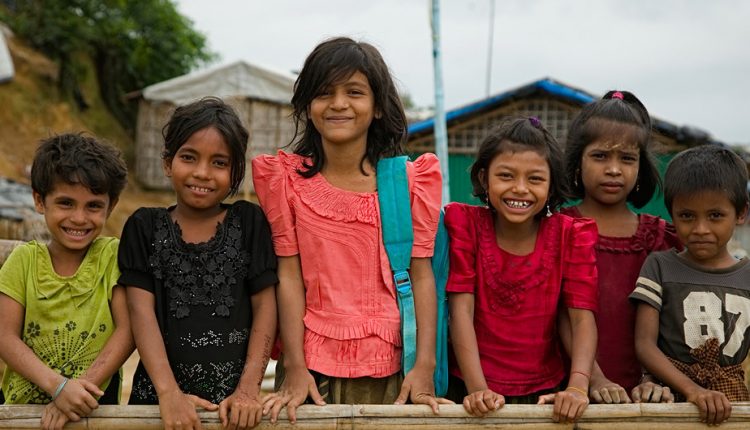‘Dangerous nationalism’ seriously threatens efforts to tackle statelessness: UNHCR chief
Hate speech and misguided nationalism present a serious threat to efforts to tackle statelessness, despite growing public awareness of the problem, UN refugee chief Filippo Grandi said on Monday.
Speaking at a meeting in Geneva aiming to convince more countries to assist the many millions of people around the world who live in nationless limbo, Mr. Grandi warned that much more action was needed, five years since UNHCR launched its #IBelong campaign to end statelessness.
“The progress is far from assured: damaging forms of nationalism and the manipulation of anti-refugee and migrant sentiment – these are powerful currents internationally that risk putting progress into reverse.”
Echoing those comments, UNCHR Goodwill Ambassador Cate Blanchett urged States present at the UN agency’s meeting to do more to help address stateless people’s despair.
Highlighting the kinds of problems that victims face, the Australian-born Hollywood actor and rights activist pointed out that they are denied access to things every day that those with a nationality take for granted, such as education, healthcare and travel, or just opening a bank account.
“Talk about a low carbon footprint, it’s total invisibility,” she said.
Recalling the plight of a young Lebanese girl who had been left stateless because her mother could not transfer her nationality to her under the country’s laws – despite being from Lebanon – while her father came from an unrecognised minority – Ms. Blanchett described the situation as “heart-breaking, inhumane and devastating”.
She added: “Even at the age of nine, her hopes of becoming what she called ‘a baby doctor’… were becoming dimmer and dimmer, because the prospect of her going to high school were very slender. And as a parent, I could also relate to her parents’ anguish and guilt, and their sense of powerlessness at being unable to change that situation.”
Insisting that the world “can end statelessness”, Ms. Blanchett pointed out that there were relatively straightforward fixes to it, such as legislative changes to remove the gender discrimination laws suffered by the young girl from Lebanon.
Sierra Leone and Madagascar had recently committed to reversing such laws, she said, while insisting that States “have the power to remove those roadblocks” for stateless people.
Turning to the refugee crisis in southern Bangladesh, where around a million mainly Rohingya refugees are sheltering, most after fleeing Myanmar amid a military crackdown and grave rights abuses, the UNHCR Goodwill Ambassador pointed that the problem had been decades in the making.


